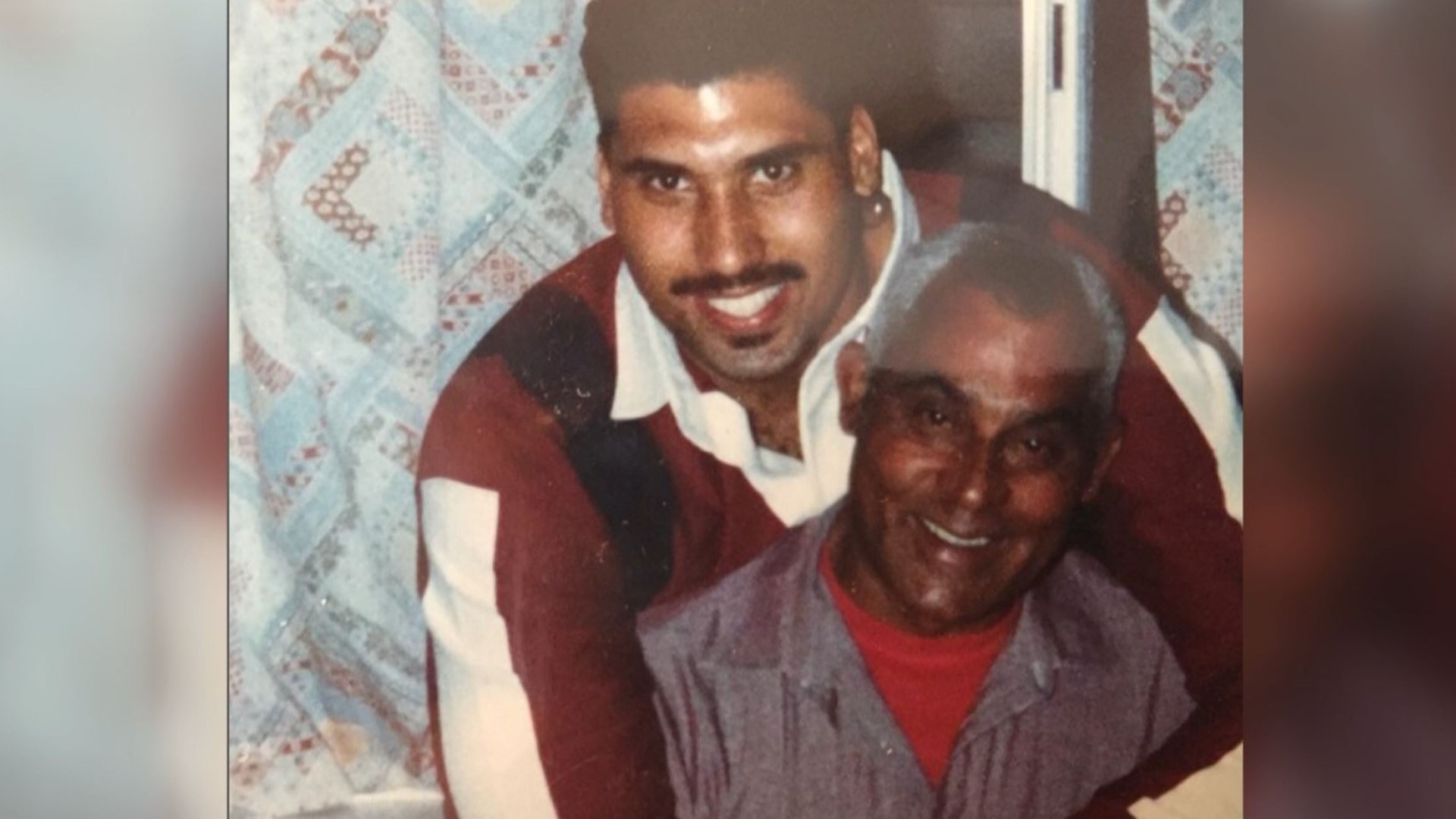ATLANTA — Georgia's diverse Latino community is a vibrant melting pot of cultures, and within it lies a unique group: Afro-Latinos. For them, straddling two heritages presents both challenges and blessings.
Louis Negron, a prominent figure in Atlanta and the executive director of the 100 Black Men of Atlanta, has always been proud of his diverse heritage. Growing up as an Afro-Latino in Oakland, California, in a predominantly African-American community, he found himself at the intersection of two cultures.
"I am Afro-Latino; my parents are from Puerto Rico. My dad's a black Puerto Rican, and my mom's a white Puerto Rican," Negron explained.
In Negron's household, Spanish was spoken and traditional Puerto Rican foods were prepared, all while being surrounded by an African-American community.
"I didn't get exposed to eating greens and grits till I got to Morehouse College as a transfer student," he shared, emphasizing the importance of bilingualism and preserving cultural heritage for his children.
Negron sees himself as a bridge builder, connecting the Latino and African-American communities, embracing and celebrating both sides of his identity. He believes that this fusion brings people together and enriches the overall fabric of society.
Mariella Perez Calderon, a native New Yorker now residing in Atlanta, is another Afro-Latina navigating this beautiful blend of cultures. An actress, business owner, and content creator, she takes pride in her Dominican roots. However, she highlights the challenge of being typecast.
"Every role that I have ever played has always been the Black girl. It has never been the Latina girl," Calderon revealed.
This struggle to find representation is a familiar battle for many Afro-Latinos who often find themselves grappling with their race and ethnicity.
In Atlanta, where the Latino community is not as vast, Calderon has found a space to blend seamlessly into both parts of her cultural identity.
"Here in Atlanta, we don't have as big of a Latino community as we do in New York City. So I feel like I'm able to take advantage and blend into the Black community and also into the Latino community," she expressed.
Despite the challenges, both Negron and Calderon embrace their Afro-Latino identities and serve as inspirations to bridge the gap between communities, demonstrating that cultural fusion can be a source of strength and enrichment for everyone involved.
Watch this story and other features in our Hispanic Heritage Month special below:

